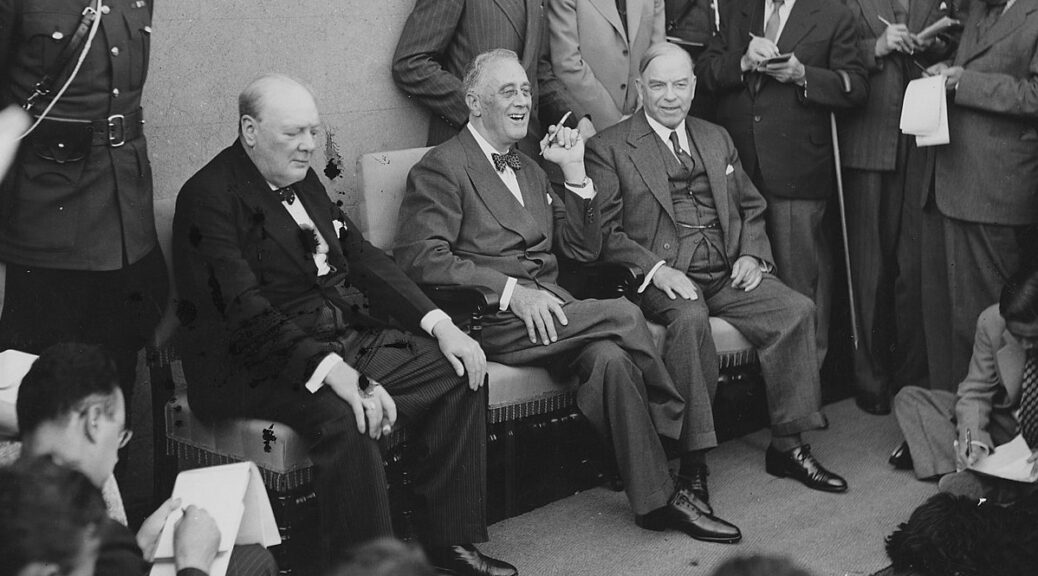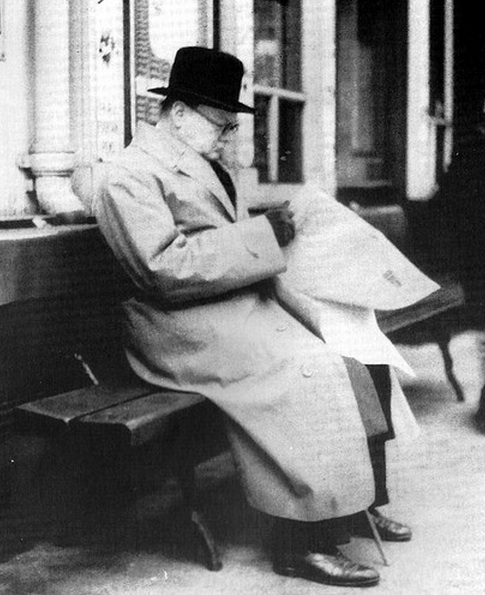
Winston Churchill’s Favorite Newspapers
Q: Which newspapers did he read?
Which newspapers did Churchill prefer? I am particularly interested in 1919, when he was Secretary of State for War and Air. Was he a Times or Telegraph reader? —J.W., via email

A: All of them
Remarkably, Churchill read all the newspapers he could lay his hands on—from The Times to the Daily Worker, the British version of which was later renamed the Morning Star.
He would do this in bed of a morning after breakfasting off a tray. He often liked to discard sheets of read newspapers on the floor. This infuriated his valet Frank Sawyers, who made a show of disapproval as he picked up the sheets.
A newspaper stringer in Westerham, who kept an eye on WSC’s activities when he was at his country home, Chartwell, could always tell if Churchill was in town: The village newsmonger stocked only one copy of the Daily Worker. No one else would buy it, so if it was still on the newsstand, he knew Churchill was away.
The news in debates
Reading all the newspapers combined with his photographic memory to give Churchill a useful arsenal in Parliamentary debate. Here is one instance from Churchill By Himself, soon to be published in its fifth expanded edition.
Mr. Fenner Brockway (Lab., Eton & Slough): “Is [the Prime Minister] aware that…the Iver Heath Conservative Party Association held a fete to raise money for party purposes to which it invited American Service baseball teams to participate for a ‘Winston Churchill’ trophy?”
WSC: “I read in the Daily Worker some account of this. I had not, I agree, fully realised the political implications that might attach to the matter, and in so far as I have erred I express my regret. [If the situation were reversed] I hope we should all show an equal spirit of tolerance and good humour.” (Question Time, 21 July 1952)
Churchill’s reply was the cause of much laughter, including on the Labour side.
Favorites
As to preferences among newspapers: We may assume he gave more credence to The Times than anything else, and The New York Times when he could obtain it. (In old age he was photographed aboard the Onassis yacht Christina,reading the New York paper on the afterdeck.) He would have also carefully perused newspapers he was writing for. In 1919 this was the Evening News.
Churchill wrote many letters to the editor of The Times, the nearest to your date being 19 August 1920, when he wrote supporting Earl Haig’s appeal for wounded war veterans. He also wrote to obscure periodicals, like The Georgetown Gazette, published by a munitions factory staffed by women, whose work he complimented in November 1917 when he was Munitions Minister.






